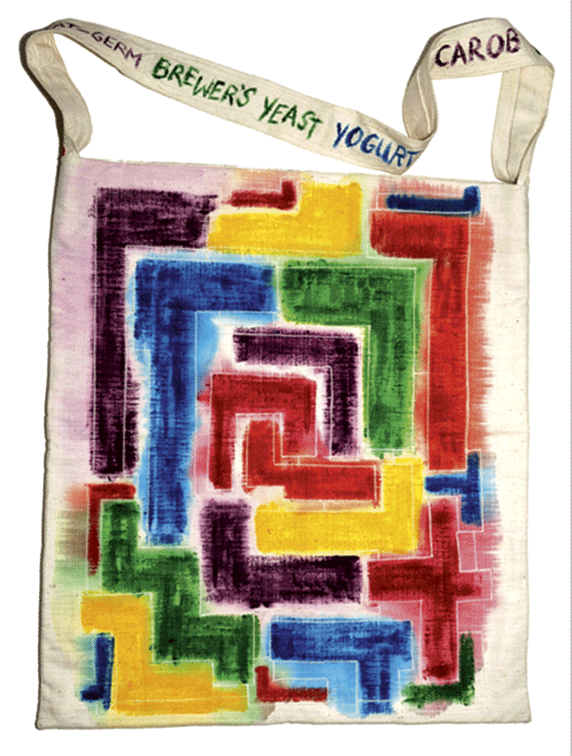The following blog entry is dedicated to a beloved friend who gives much to the world, and whose life has been turned upside down through circumstances out of her control. She is a fighter and I have great faith in her resilience…but there are many strong, faithful fighters who need more from us than just our admiration.
Kudos to you, my friend. You know who you are.
***
Thanksgiving is just around the corner, so I thought I would bring out a book appropriate to the theme of the holiday: gratitude. Many of us will sit around our holiday table admiring the turkey and stuffing, cranberries, casseroles, and pies. We will sit with friends and family, enjoying each others’ company and relaxing. By the end of the day, we will have stuffed ourselves silly without apology, loosening our belt buckles as the tryptophan from the turkey makes us drowsy. We will admit that our lives are pretty good, and we forget the petty things that upset us on a daily basis.
Of course, not everyone will have this experience.
Hunger is alive and well in this country. Poverty levels are rising, and with it the hunger of children — and hunger affects their ability to learn. Some will walk the streets, perhaps finding a charity meal to fill their bellies for Thanksgiving, but then go without once the holiday is over and the volunteers have gone home.
There are those among us dealing with sick family members, sometimes without the benefit of insurance, or with medical expenses that bankrupt families. Sometimes family members turn their backs on the ill and the dying, leaving the immediate family isolated and abandoned.
Some will struggle to stay clean and sober on a holiday when it’s so easy to say, “It’s Miller time.” Some will succeed in these efforts, while others will not.
It’s great to acknowledge our gratitude in this upcoming holiday season. It’s also great to pray for the well-being of others. I believe, though, that gratitude, like prayer, is best expressed with action. Go ahead and pray for people, but make some casseroles, too. Find a charity that does good work and donate or volunteer. Find a friend in need and provide food, clothes, or shelter.
Too often these days, people who have fallen on hard times are being blamed for their own suffering, and too often we are forgetting that “there but for the grace of God go I.” Somewhere along the way, we as a country have hardened our hearts to suffering. We forget that sometimes, along with our hard work, we’ve had lucky breaks along the way, or we’ve had people come in to our lives who give us a hand up. Even the most successful American got that way via the help of others.
Whatever your feelings are about Bill Clinton, he’s worked hard since his Presidential years to make a difference around the world. Through his William J. Clinton Foundation, Bill is mobilizing leaders, students, and other citizens to contribute to positive change. The list of what his organization accomplishes is too long to reproduce here, so I will direct you to his website to learn more.
Bill’s book Giving: How Each of Us Can Change the World provides a blueprint for those who wish to get started. Whether you can give time, money, or both, Clinton offers ideas and encouragement that we can use to make our world better.
Abundance is an attitude. What some people lack in money, they share in skill and time. When our lives bubble over with a sense that our lives are working, we can’t help but want to share. When we do, our lives become even richer, creating an endless cycle of overflow.
I maintain a list of our favorite charities on this blog. If you haven’t visited my Make a Difference: Our Favorite Charities page, take a look. Here we list several, though not all, charities that we like to support. More importantly, though, if you know of an individual in need, won’t you provide a hand? We all have something to give, even if all we can offer is a hand to hold.
Many people talk about “taking our country back.” I say, let’s take our country forward. Give someone the gift of compassion today in thanks for your own abundance, and together, we will lift each other up. If you haven’t read Giving, give it a look and be inspired.

